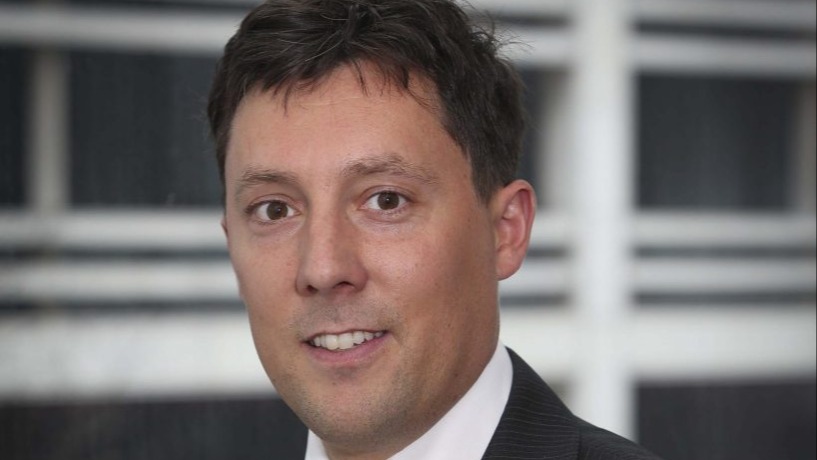Having good communication skills will “really pay off” for advisers when it comes to discussing upcoming changes to IHT with clients, according to Rob Morgan, chief investment analyst at Charles Stanley.
Research by Charles Stanley found there were defined areas of IHT that consumers are not clear on, especially when it came to calculating a IHT liability.
The data revealed 80 per cent of consumers claimed they knew how IHT worked but 48 per cent had no idea how much IHT would be payable on their estate in the event of their death.
Many respondents overestimated what IHT was payable on their estate, with many assuming they would have to pay the tax when actually they would not.
Out of those respondents who had estates worth £100,000, 42 per cent thought there would be IHT payable after their passing, with a mean estimate of more than £35,000 to be paid in tax.
Meanwhile 55 per cent those with estates worth £100,000 to £325,000 believed they would be liable for IHT and thought on average they would pay £48,000 in IHT.
Even those with an IHT liability were miscalculating what their IHT bill would be.
Of those with an estate valued between £325,001 and £750,000, 48 per cent said they had no idea how much will be payable on their estate if they were to pass away, with respondents thinking they would pay £56,000 on average in IHT.
Pensions
From April 2027, pensions will become liable for IHT bringing more additional estates into the tax net.
Morgan believed any IHT strategy should build in flexibility and not be an “all eggs in one basket” approach.
He said: “The inclusion of pension pots is the change that brings the most additional estates into the IHT net.
“Those who have been leaving their pensions untouched to pass to their heirs must change their plans completely in some cases.
“Inherited pensions will potentially be taxed twice, once through IHT and then again as income in the hands of the recipient when money is taken out, which makes them a poor vehicle for IHT planning, having previously been one of the best.”
Morgan urged advisers to tell clients not to make changes in haste as there was still time until 2027 to adjust their strategies properly.

‘IHT on pensions does not work at all’
“Attitudes and behaviour have shifted for many clients.
“Often people are reconsidering using what they have built up in their pension to enjoy their lives more, as well as to make gifts.
“Explaining the changes and what they mean can reveal this evolution in objectives.”
He said it is very important to get the balance right between the motivation to accelerate withdrawals and other planning requirements.
“Sufficient income generation and the potential need for spending on care can outweigh concerns around IHT for those in the ‘middle ground’ of large but not very large estates,” he said.
According to Morgan, one of the key areas of focus for advisers should be on making potentially exempt transfers from pension tax free cash, which could help mitigate double taxation issues.
“However, it is important not to overlook the potential drawbacks.
“First, this takes money out of a tax-free environment and any future capital growth or income will be taxable on the hands of the holder.
“Secondly, unless the donor survives for seven years after the gift, a reducing value is included in the estate when calculating IHT, so a decreasing term insurance policy may be required for peace of mind, especially on larger gifts,” Morgan explained.
He also noted regular gifts from surplus income should be a “significant area” of focus where it is deemed appropriate to accelerate withdrawals, but Morgan warned this must be carefully planned and recorded to satisfy the conditions.
alina.khan@ft.com
Have your say in the comments section below or email us: ftadviser.newsdesk@ft.com

